
G.D. Spradlin lived to ninety years old but chances are you didn’t meet him until he was in his fifties. His name may be unfamiliar to you but hopefully his work is not. Spradlin made an amazing career out of playing staunch, calmly scary authority figures who often had no moral center. Spradlin’s instant credibility exuded authority which was evident by the roles he played, including presidents (Andrew Jackson and LBJ), senators, generals, admirals, commanders, colonels, coaches, sheriffs, and the editor of The Washington Post during Watergate (Ben Bradlee).
Born August 30th 1920, Gervase Duan “G.D.” Spradlin, son of school teacher parents in Oklahoma, would live many lives before taking up acting in his forties. Spradlin initially followed his parents’ career path earning a Bachelor’s Degree in Education from the University of Oklahoma before serving in the Army Air Force during World War II. After the war he would go on to earn his law degree, becoming an attorney for the Phillips Petroleum company and eventually ascending to head of the company’s legal department in Caracas, Venezuela.
After returning to the U.S. in the early 1950s, Spradlin set himself up as a wildly successful independent oil producer, so successful in fact he retired a millionaire by 1960. Although Spradlin celebrated by taking his family on a cruise through the Bahamas aboard his yacht, he wasn’t exactly ready to embrace the “retirement” part of retirement. He’d go on to direct JFK’s presidential campaign in Oklahoma in 1960, earn a Master’s Degree in Latin American Studies from the University of Miami in 1965, and later run unsuccessfully for mayor the same year. To say G.D. Spradlin was a Renaissance man is an understatement.
But it was a chance audition for the Tennessee Williams play Cat on a Hot Tin Roof in 1963 at the Mummers Theater in Oklahoma City that set him on the road as an actor. Spradlin went to the audition to support his daughter and ended up landing a part for himself. This started Spradlin on one of the greatest and most unlikely second acts of anyone’s life.

After moving his family to Los Angeles in 1966 Spradlin began getting roles in episodic television in everything from Mannix to Kung Fu. Spradlin also appeared in a handful of films with Charlton Heston including the vastly underrated western Will Penny and the aging quarterback drama Number One. In addition to Heston, during this period in his career Spradlin also shared the screen in small parts alongside legendary actors Lee Marvin, Oliver Reed, and Gene Hackman, to name only a few.
In 1972, two years before landing what would become his breakout role in Godfather Part II, Spradlin briefly ventured into directing. The Only Way Home, his first feature starring Bo Hopkins, Beth Brickell, and Steve Sandor, is an obscure cult drive-in flick best described as Oklahoma exploitation. It was one of many movies that leaned into the terrorizing female captives kidnapped on a whim with no real plan genre. It shares bones with similar films of the time, like Wes Craven’s The Last House on the Left, Sam Peckinpah’s Straw Dogs, and later films like Penelope Spheeris’s The Boys Next Door, John McNaughton’s Henry, Portrait of a Serial Killer, and Robert Rodriguez’s From Dusk Till Dawn.

It starts with a couple of guys who help a stranded couple on the side of a rural road only to end up killing the husband and kidnapping the wife. The wife, like in another Peckinpah film of the time The Getaway, begins to fall for one of her captors. This film is hard to find and unlike the other films mentioned didn’t stay in the public mind. Although directing didn’t really work out for Spradlin, his big break was right around the corner.
The Godfather Part II, which went on to win the Oscar for Best Picture, took Spradlin’s career to the next level.
Fred Roos, famous casting director-turned-producer for the famous sequel, suggested Spradlin for a pivotal role. Having cast Spradlin in some of his earliest episodic television on shows like Gomer Pyle: USMC and I Spy, Roos thought he might be right for the corrupt Senator Geary and pitched him to Coppola. Senator Geary’s extortion of the Corleone family shows a direct connection between organized crime and D.C., and deftly illustrates the hypocrisy between the two institutions. Senator Geary’s lines remain some of the most quoted in the film and his scenes opposite Pacino and Duvall later in the film are a masterclass.

Throughout the film we get to see a range of emotion from Spradlin from cold calculation to frantic desperation leading to shameless capitulation. The meeting between Pacino’s Michael Corleone and Spradlin’s Geary in the opening of the film is so iconic it was included as satire in the NY film class of Matthew Broderick’s character Clark Kellogg in Andrew Bregman’s mob comedy The Freshman.
After Godfather Part II Spradlin had firmly established himself as a hard-nosed yet elegant foil. In 1977 Spradlin starred in One on One as a college basketball coach pitted against Robbie Benson recruited to be his star player. Benson plays Harry Steele, a phenom player who doesn’t initially live up to his potential on the court the way Spradlin’s Coach Moreland Smith wants him to. Coach Smith has a win-at-all-costs attitude pushing his players often to a mental and physical limit. When Steele doesn’t gel with Coach Smith’s style he’s benched and asked to relinquish his four-year scholarship.

When Steele refuses, what follows is a battle of wills between the two, turning Spradlin’s Coach Smith from mentor to tormentor. One on One is a good film with another great performance by Spradlin. It is also a great early example of the corruption of college sports.
By now Spradlin routinely held his own with the very best Hollywood had to offer. Coppola would use him again as the nameless General who sends Martin Sheen’s Willard to assassinate Marlon Brando’s rogue Colonel Kurtz in his epic Vietnam war film Apocalypse Now. Fun fact: the ominous scene that brought the term “terminate with extreme prejudice” into the modern lexicon cast Spradlin as superior to Harrison Ford’s Colonel “Lucas.” This was a deliberate Easter egg by Coppola celebrating his old protégé George Lucas. Spradlin is amazing in his single scene. He never raises his voice while walking the verbal tightrope of being simultaneously crystal clear yet leaving everything intentionally unsaid. Spradlin’s unnamed General lends the gravitas to establish the entire plot of the story, very few actors can pull that off.
Later that same year Spradlin would go on to play another coach, this time of professional football, in North Dallas Forty. As Coach B.A. Strothers, a thinly-veiled version of the real-life coach of the Dallas Cowboys Tom Landry, Spradlin shared the screen with Nick Nolte. North Dallas Forty, based on the semiautobiographical book by Peter Gent, is a somewhat scathing indictment of professional football. As one of Nolte’s antagonists in the film Spradlin revisits some of the same passive aggression of his Coach Smith character in One on One but with much higher stakes. Spradlin’s B.A. is revered and feared and remains another brilliant example of his unquestioned authority.

Over the course of the next few years Spradlin would continue to rack up some impressive co-stars in films with actors like George C. Scott, Marlon Brando, and Sean Connery, but two of his best performances were yet to come. Spradlin did a pair of underrated films back-to-back in 1983 and 1984 that his performances helped elevate.
In 1983 The Lords of Discipline, based on the Pat Conroy book of the same name, was released. The film follows Will McLean, a young cadet played by David Keith who is tasked with protecting the first black cadet attending the prestigious Carolina Military Institute in the early ‘60s deep south. The Carolina Military Institute, clearly modeled after the Citadel which writer Conroy attended as a student, shows what life in a hard-nosed military academy is really like. The Lords of Discipline pulls no punches in the type of hazing these students, especially freshmen “knobs,” were forced to endure.

The Lords of Discipline was filled with future stars including early roles for Michael Biehn, Bill Paxton, Rick Rossovich (who would all coincidently star in James Cameron’s The Terminator a year later), Judge Reinhold (who would go on to star in Beverly Hills Cop a year later as well), and the feature debut of Matt Frewer (who would go on to become the iconic Max Headroom). But the film belongs to David Keith’s Will who must battle Institute politics, a volatile racial climate, and a secret society of cadets known as “The Ten” who seemingly stop at nothing, including kidnapping and torture, to get the black cadet to drop. The Ten, a mysterious group of students that supposedly represent the best ten cadets in the school, set up a moral dilemma for Will that puts the storied reputation of the Institute at permanent risk.
Spradlin plays General Bentley Durrell, the stern and unforgiving headmaster of the Institute. Will quickly realizes he has no ally in Durrell and must walk a tight rope in order to not get kicked out himself. The final scene where Will confronts Durrell about his complicit approval of the Ten is one of the best scenes in the film. In what could have simply been a typical blackmail scene, Spradlin, despite playing an extremely evil man, gets you to actually feel sorry for him. Spradlin maintains a semblance of honor while admitting defeat with the simple yet cutting line “your terms are acceptable.” It’s one of the best scenes in an already very good film.
A year later in 1984 Spradlin would play the evil southern Sheriff Buelton in Tank starring James Garner. Tank is somewhat of a guilty pleasure that shares similar bones with Burt Reynolds films like The Longest Yard and the Smokey and the Bandit franchise.

It follows Zack, played by James Garner, who is newly assigned to the local southern Army base. One night out for a drink at a local bar, Zack steps in when one of the Sheriff’s deputies, the marvelous James Cromwell playing against type, gets rough with a girl he is pimping out on the side. Zack smacks the deputy around a bit defending her honor and quickly runs afoul of Sheriff Buelton. Buelton wants Zack to know on the base he may be a big shot but out here this is his town and what he says goes. In order to make his point Buelton arrests Zack’s son Billy, played by C. Thomas Howell, on a trumped-up drug charge at the local high school.
Billy is sent to a hellish prison camp where Buelton informs Zack his son might become the victim of “true love.” What follows is your pretty standard father breaking his son out of prison in a Sherman Tank story.
What’s unique about this film, which is shockingly rated PG, is how dark some of the themes are. In addition to the notion the local law runs a prostitution racket out of a trailer behind a popular bar and the seeming delight in the inevitable rape of Billy on the work farm, there is a side story about a soldier who is physically abusing his family. This side story, which includes abuse of the soldier’s toddler son, honestly isn’t handled to any type of real satisfaction. Of course, most of this was lost on me as a kid simply watching a man save his son with a tank and rolling over cop cars on his way to the state line and safety, but missing the point doesn’t suddenly make this family fare.
Don’t get me wrong – Tank is a lot of fun and Garner’s scenes with Spradlin are more than worth the price of admission, but it is a dark drama despite the big practical stunts.
In one of Spradlin’s best scenes Buelton confronts Sarah, his hooker played by a post-Three’s Company Jenilee Harrison. Buelton chillingly asks her if she believes in Superman, in other words someone who will swoop in and save her. Buelton is making an obvious reference to Zack stepping in and saving her from his deputy the previous evening. With that he methodically takes a leather belt to her to teach her no one is coming for her; there is no such thing as Superman.
Spradlin is terrifically evil in this scene and so very believable as a man who would do anything to maintain control. Like I said, hard to believe this was PG.

Spradlin continued to work steadily throughout the ‘80s and ‘90s, bouncing between comedies and dramas, most notably in The War of the Roses with Michael Douglas and Kathleen Turner, the epic television mini-series War and Remembrance, Ed Wood with Johnny Depp and Martin Landau (who won Best Supporting Actor), and The Long Kiss Goodnight with Geena Davis and Samuel L. Jackson. Spradlin’s final performance before he retired was as the famous Washington Post editor Ben Bradlee in the 1999 comedy Dick.
Spradlin died in San Luis Obispo in 2011 having lived several lives. I’m just thankful we get to see one of those lives live forever on screen.

For further viewing of G.D. Spradlin be sure to check out:
- The Godfather Part II 1974
- One on One 1977
- Apocalypse Now 1979
- North Dallas Forty 1979
- The Lords of Discipline 1983
- Tank 1984
- Ed Wood 1994
- Dick 1999
Fred Shahadi is an award-winning filmmaker, playwright, and television writer living in Los Angeles.




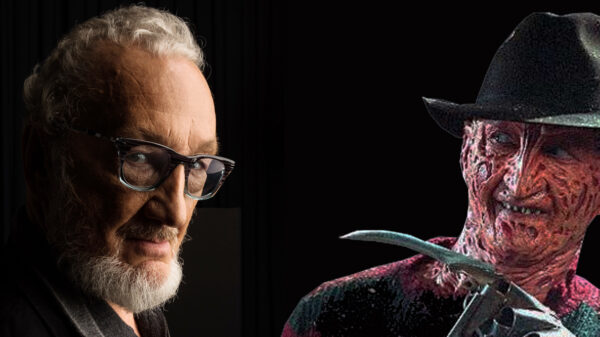

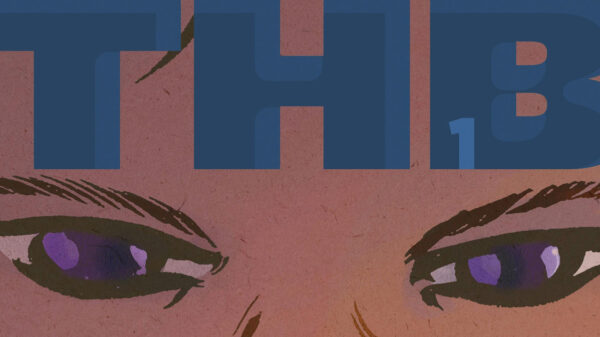

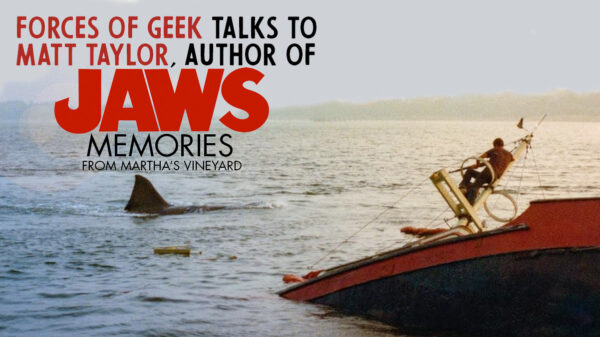
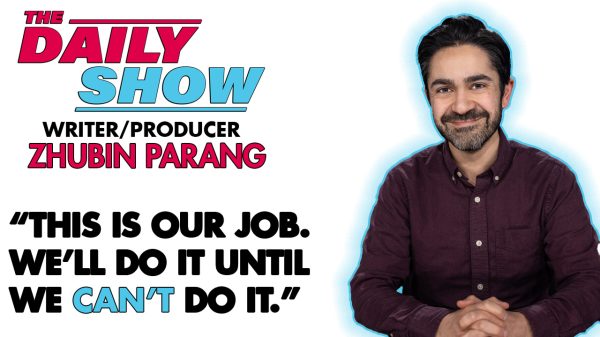
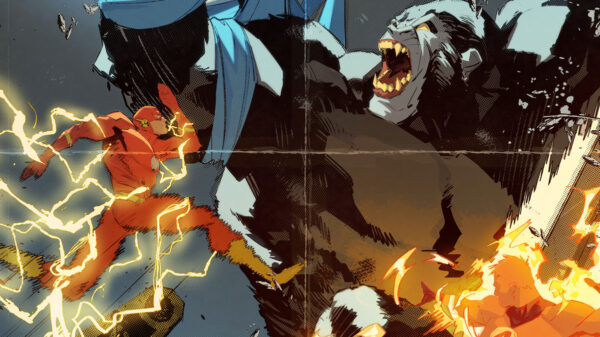
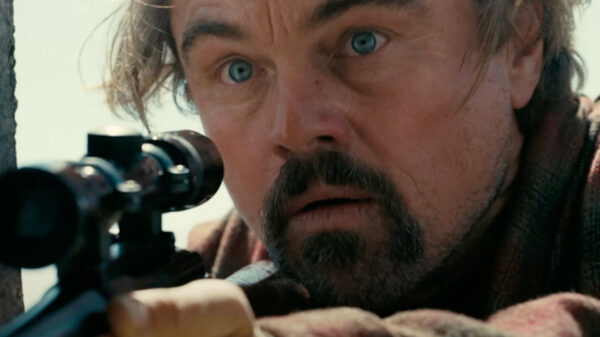
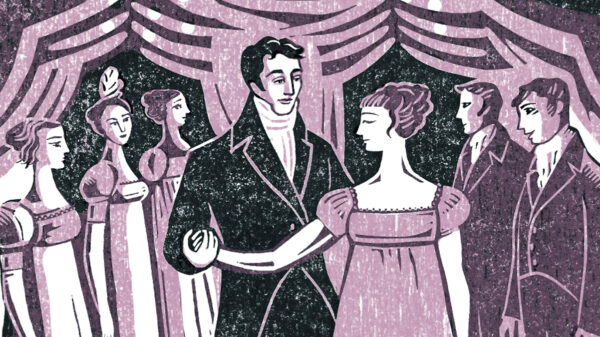
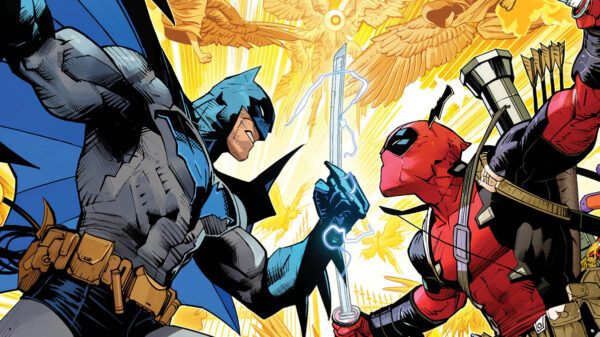
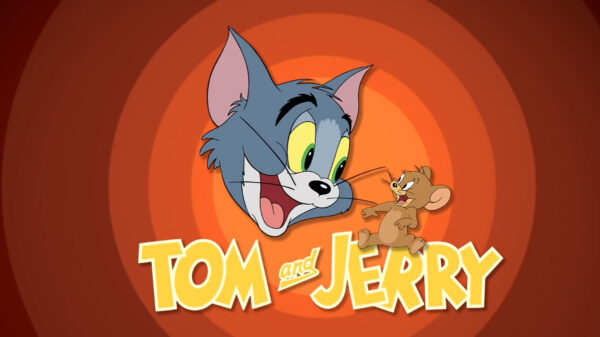



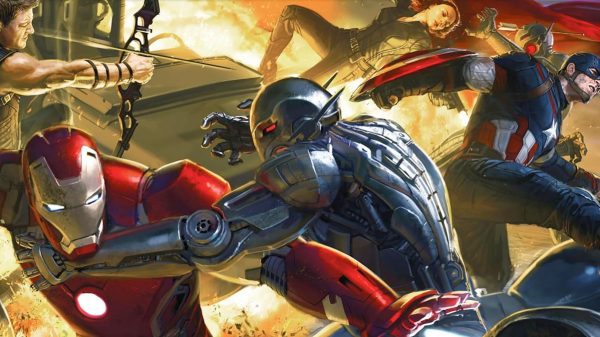

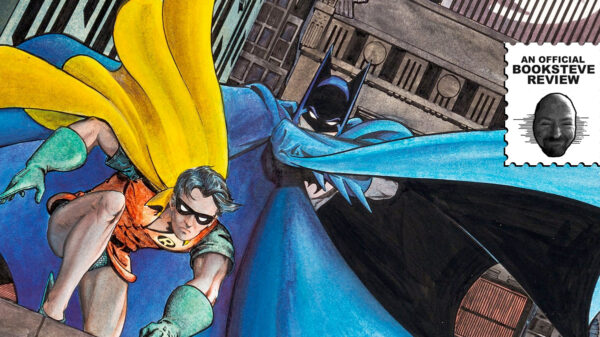
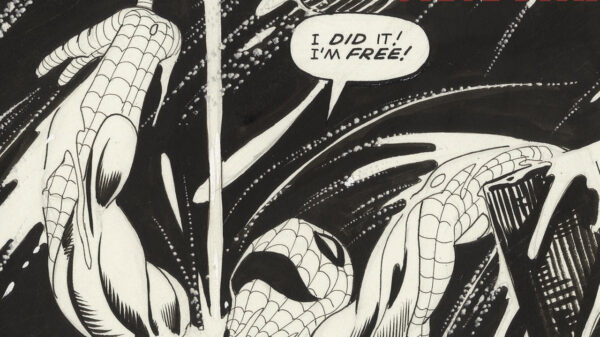
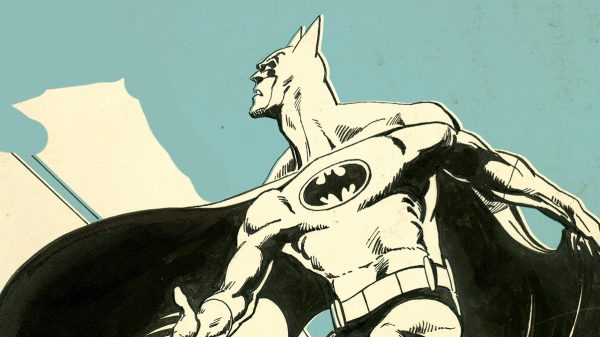

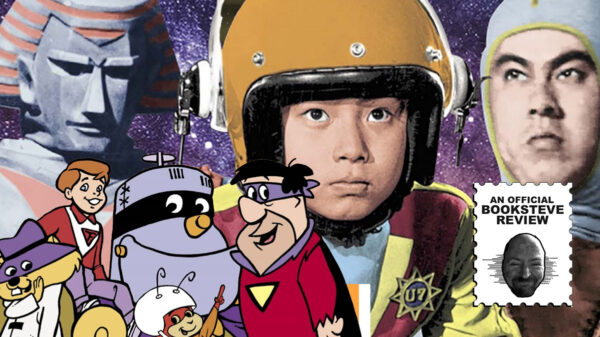
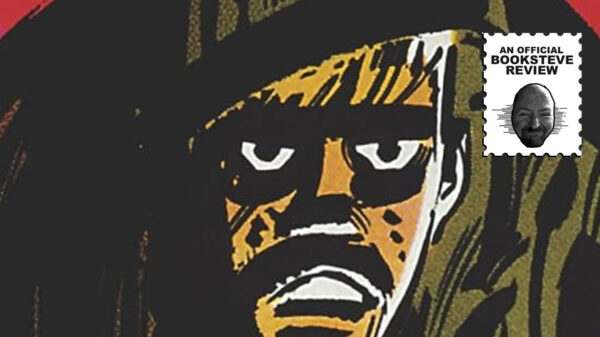
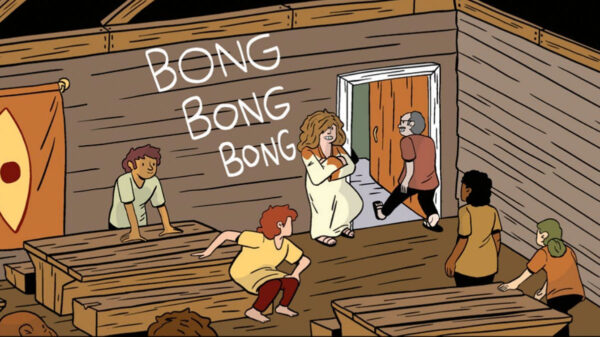
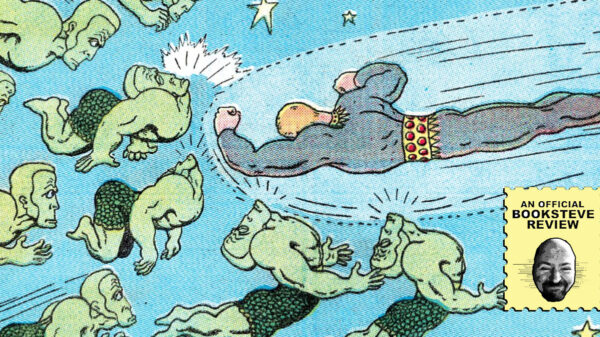
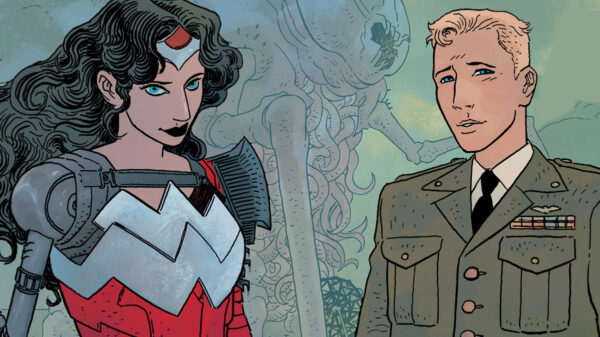









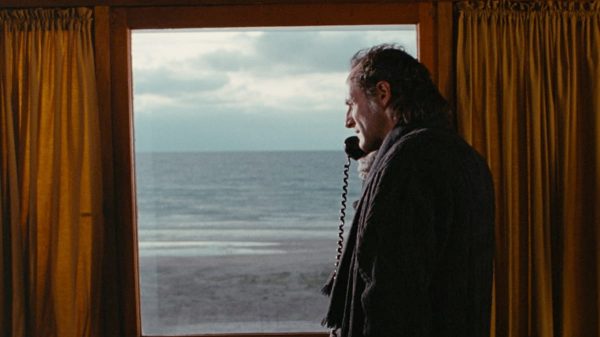
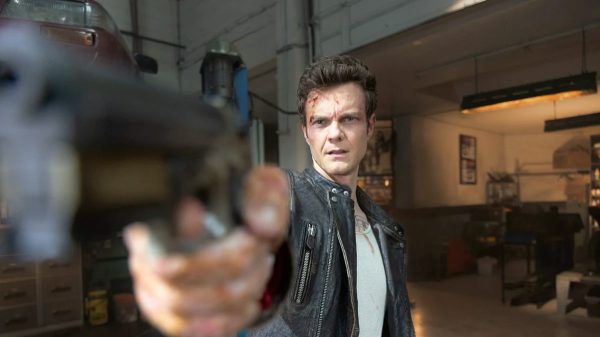
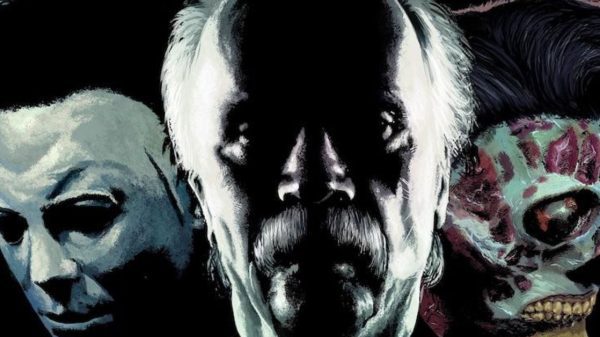
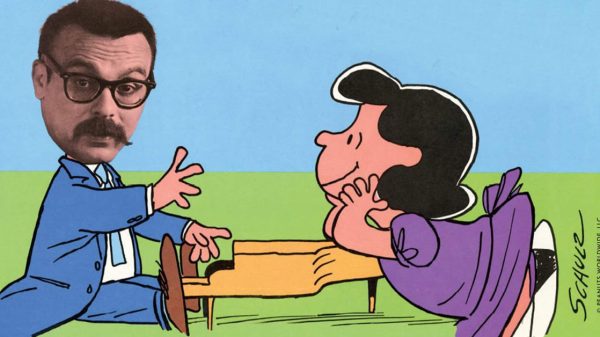
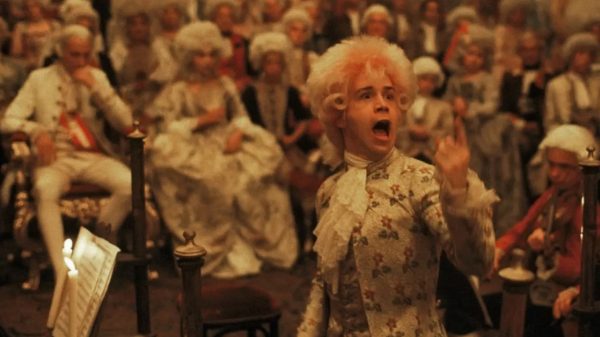











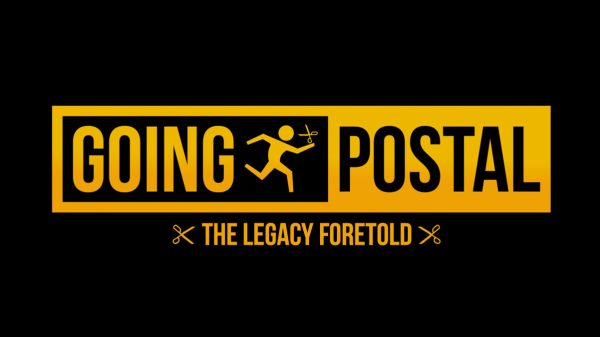

















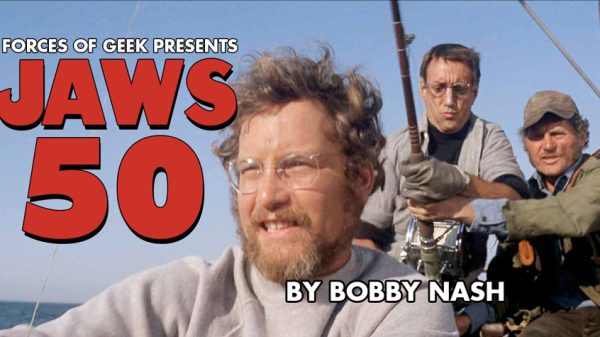









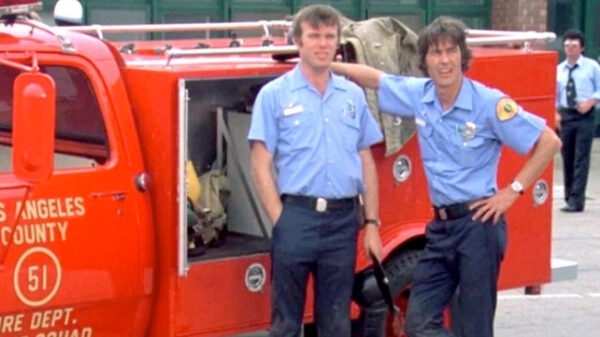
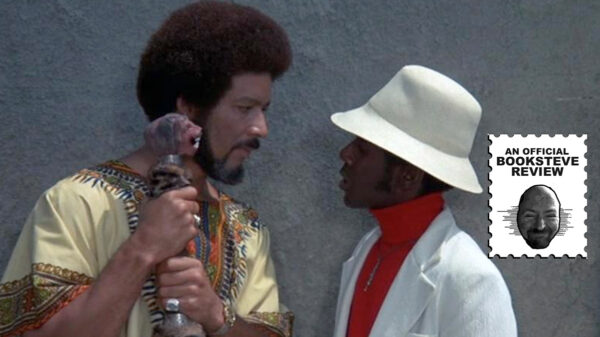
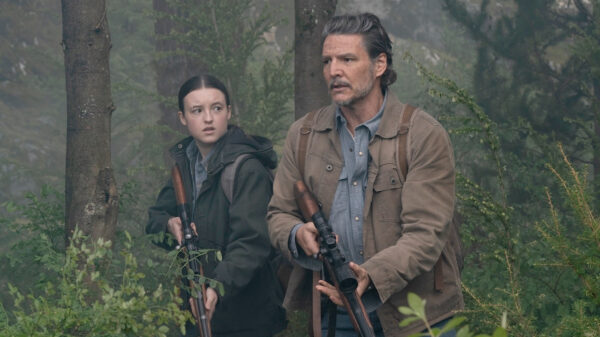




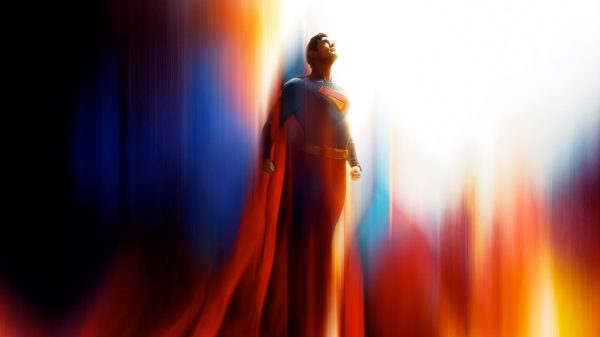
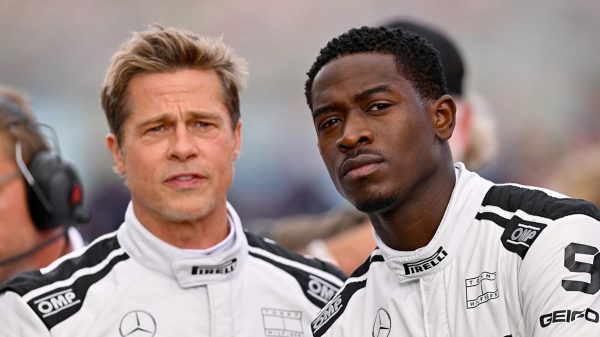




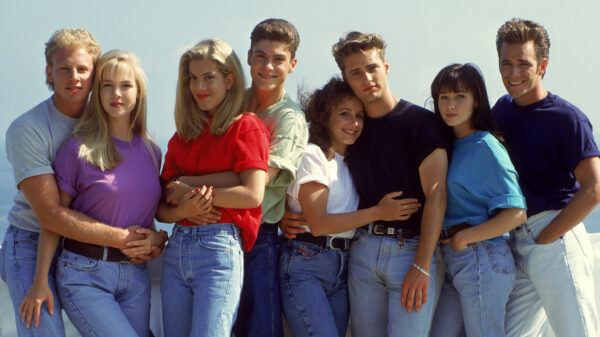
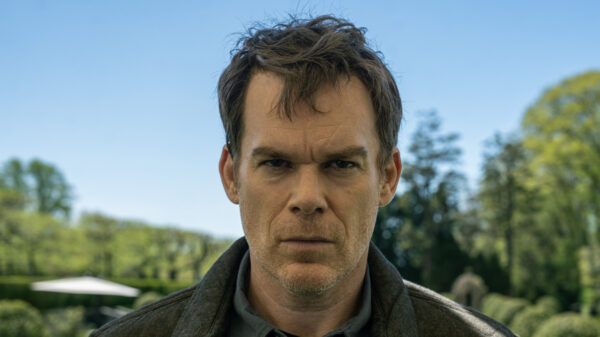
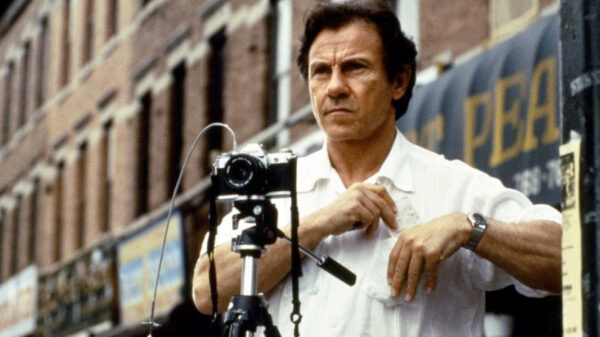
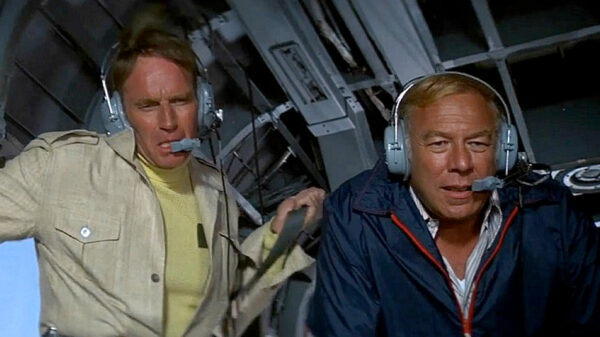




You must be logged in to post a comment Login